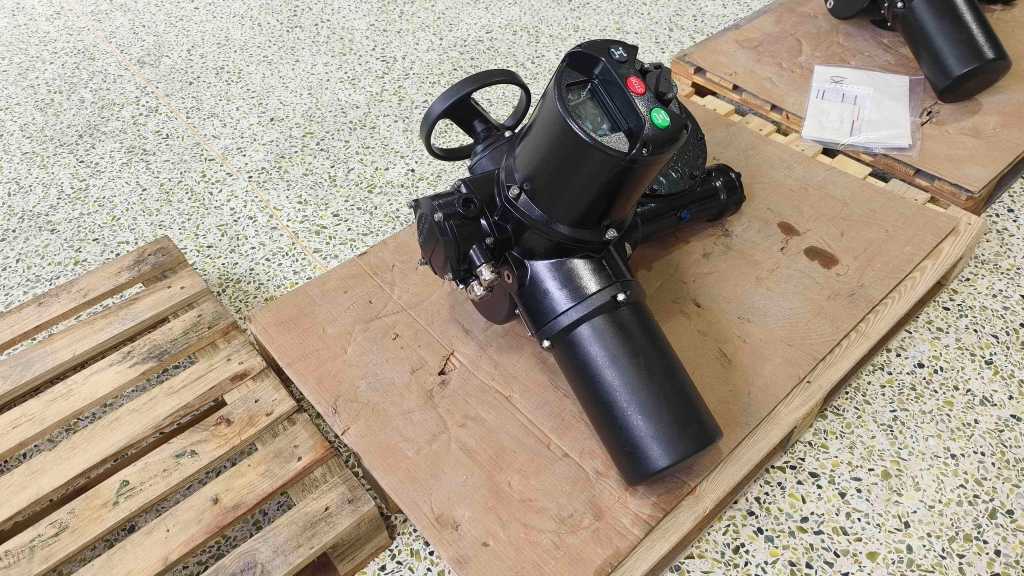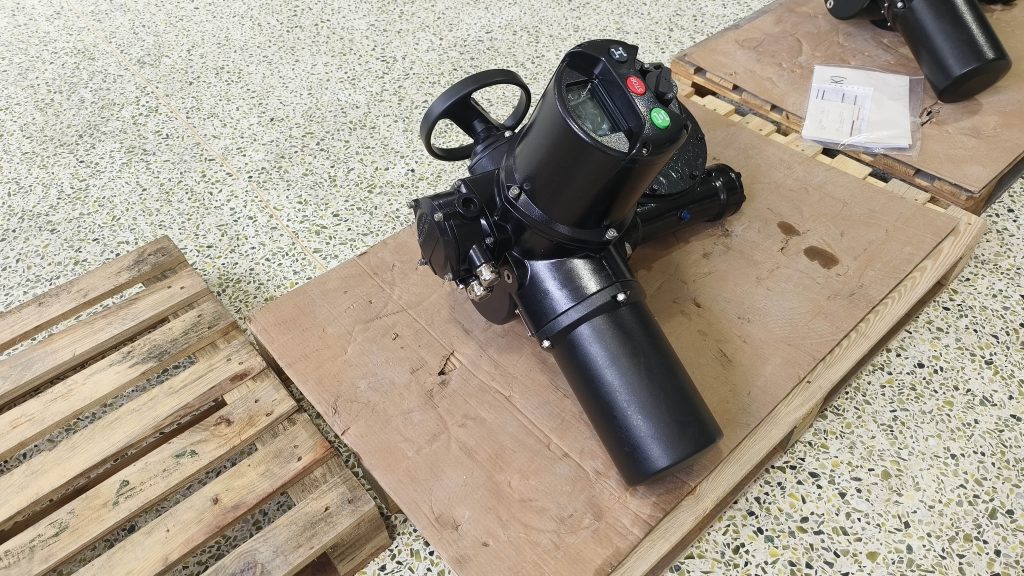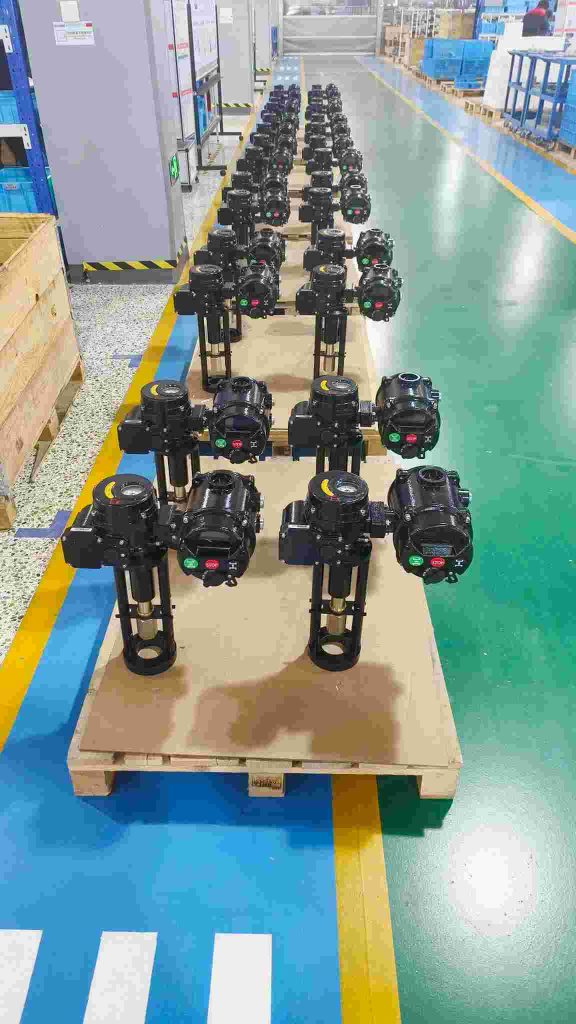In recent years, the rise of automation and smart technology has significantly changed how industries approach mechanical movement and control. One such innovation is the Intelligent Integrated Electric Actuator (IIEA), a cutting-edge solution that combines the efficiency of electric actuation with the intelligence of embedded systems. These actuators are revolutionizing sectors ranging from manufacturing to robotics and even renewable energy. This article explores the technology behind IIEAs, their key features, and the diverse applications that are shaping the future of automation.

What is an Intelligent Integrated Electric Actuator?

An Intelligent Integrated Electric Actuator is a device that combines traditional electric actuation mechanisms with integrated control systems, sensors, and communication capabilities in a compact, self-contained unit. Unlike conventional actuators, which require separate components like controllers, sensors, and wiring, IIEAs integrate all of these into a single package, resulting in more efficient, reliable, and scalable solutions.

The basic principle of an electric actuator involves converting electrical energy into mechanical motion. This motion is typically used to move or control a system or process, such as opening a valve, adjusting the position of a robotic arm, or controlling the pitch of a wind turbine blade. The integration of “intelligence” into these actuators means they are not just controlled by external systems but can independently monitor and adjust their behavior based on real-time feedback and conditions.

Key Features of Intelligent Integrated Electric Actuators

Compactness and Integration: One of the standout features of IIEAs is their compact and integrated design. By consolidating multiple components into one device, IIEAs reduce the need for space, simplify installation, and cut down on maintenance costs. This makes them ideal for environments where space is limited or when a high degree of precision is required. Self-Diagnosis and Monitoring: With embedded sensors, IIEAs are capable of continuously monitoring their own performance. They can detect faults, wear, and performance degradation in real time, sending alerts to maintenance systems before a failure occurs. This predictive maintenance capability can significantly reduce downtime and improve overall operational efficiency.

Leave a Reply